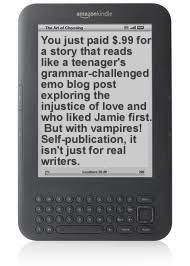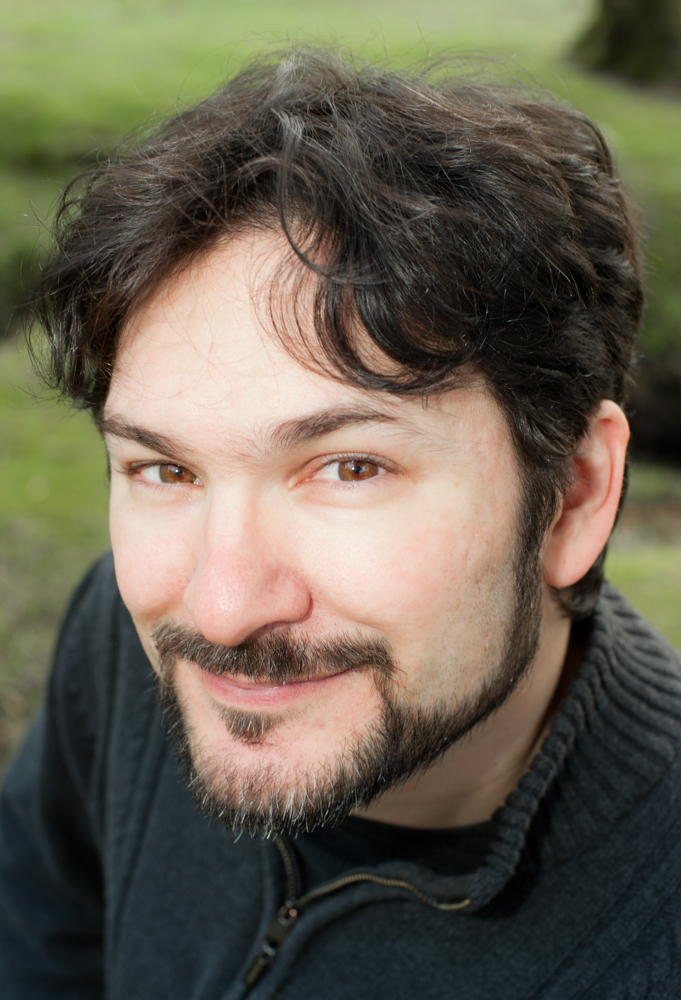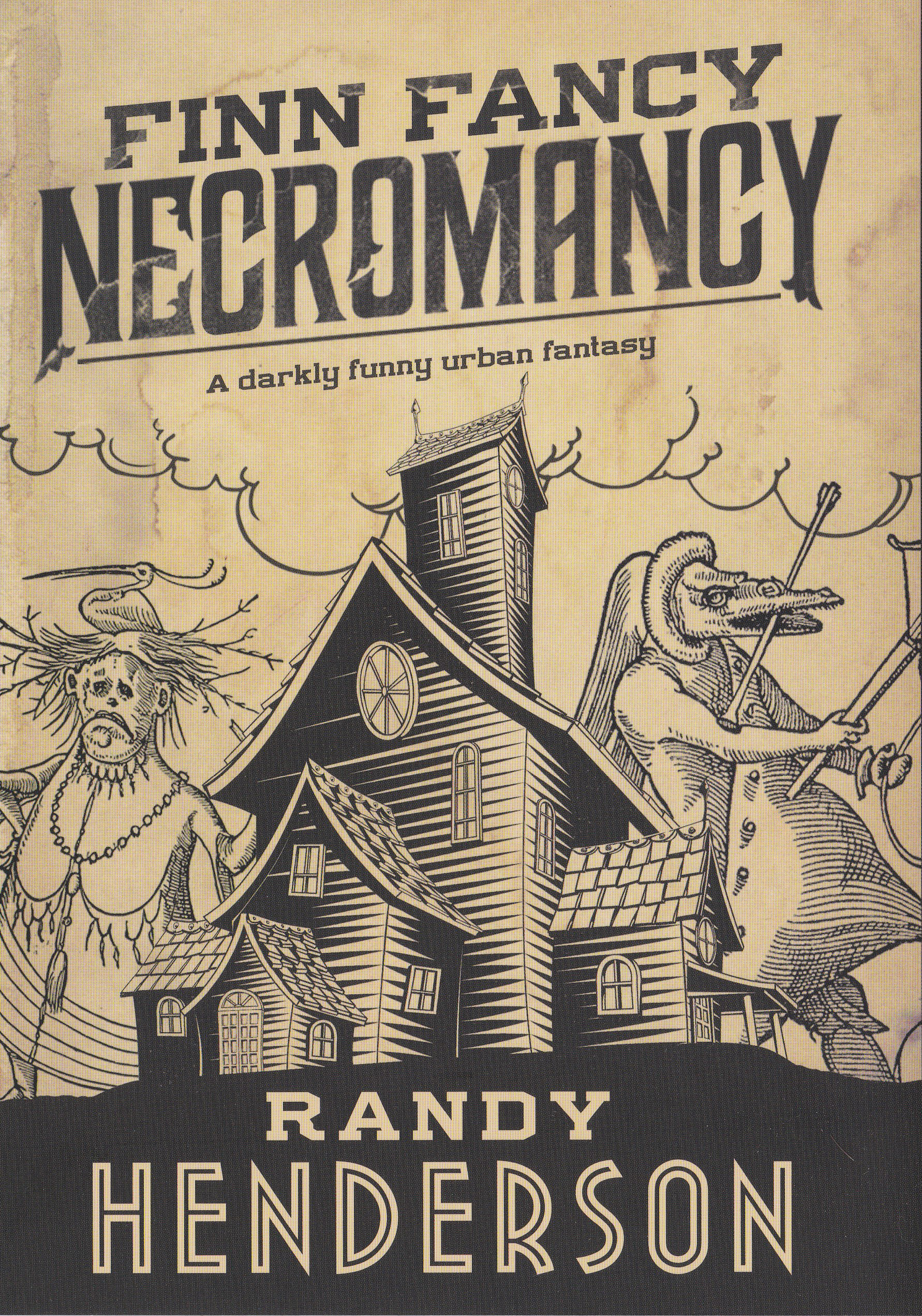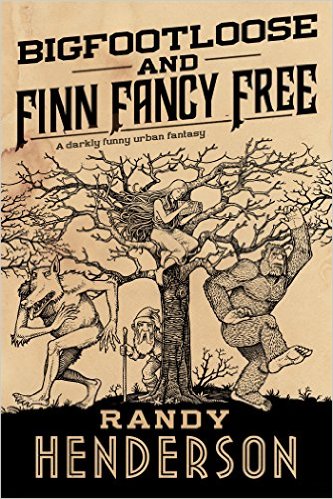The way to become a published writer is to write (and to submit what you write). Seems obvious, yet so many would-be writers produce that one story or novel and then rework it endlessly, or submit a story or three, get rejected once (or a hundred times), and decide to give up.
Ira Glass does a wonderful job of explaining the reasons we creative types set out to create our particular art, and why so many become disappointed and quit: http://writerunderground.com/2011/04/28/ira-glass-on-creativity-or-the-gap-between-our-taste-and-our-work/
I would add for writers specifically that the writers who are published are the ones who continued to write NEW stories, and submit those stories, and move past the rejections, until they were published.
Of course, today we have a wonderful short cut — self-publication!
I have repeatedly been asked for advice from writers who have written one story, or been rejected a few times, wanting to know how to proceed, how to become published. And sometimes as part of my response I make the mistake of mentioning self-publication as a possible future option.
Don’t get me wrong, self-publication is a very valid alternative IF your writing is worth reading, and IF you believe you have what it takes to stand out from the sea of other self-published works.
But too often, the would be writer latches onto that option as the answer, because the rest of my advice — to write and submit and be rejected until you are good enough to actually be published — requires work, and a lot of rejection, and letting many of your stories die an anonymous and unnoticed death.
And often the amateur writer believes their writing to be perfectly wonderful and worthy of being read. Unfortunately, it is hard to be objective about one’s own work. I certainly see how bad my early stories are now, though at the time I thought they were completely awesome. I would have self-published them if I’d had the option. And now I am so glad I did not, that they were rejected and I was driven to try again, to try harder, to do better.
So please, if you want to be a writer, then write, and submit, and keep doing that until you are good enough that somebody other than yourself and your mother thinks it is ready for the world to read. Persevere, and become a good writer, not just a “wroter” (someone who wrote that one thing and just keeps reworking that same one thing), or a self-published amateur, and someday you will have something published that is worthy of being read.













[…] posted at http://www.randy-henderson.com/2012/03/writing-vs-quitting/) Like this:LikeBe the first to like this […]
What’s a “wroter”? (last paragraph). But seriously, perspective is hard. I’m struggling with whether or not to self-publish “Oneirotoxicity.” and mad as hell that I missed the epublishing meeting.
A wroter is someone who wrote something, and keeps reworking it, bringing that same piece to workshops year after year, etc. but isn’t moving on and growing and writing new stuff.
Oh. I’ve never heard that before. Is it a real term?
It is one of my terms that I hope will catch on and I will be heralded as brilliant for inventing. 🙂
Then as your friend I suggest that you make it clearer. I thought it was a typo.
Self-publication is a tough decision. My thought would be to hold onto it. A) You never know when an anthology might come along for which that story would be perfect. B) If you self-publish right now, there is not a lot to make your story stand out from all the other self-published stories marketing-wise (no matter how great it is), but if you wait until you have a few more publication credits, possibly even a novel out there, you will have more ability to drive readers who like your work to the story. Also, I’ve heard that when you self-publish, it is good to have several things that you can self-publish rather than one, since that makes you look better to prospective readers, and if they like one thing they will read the next, etc.
On the other hand, it is doing nothing for you right now sitting on your hard drive, so I also see the potential benefit of having it out there making you a few dollars and possibly garnering a few fans.
Right? Plus it’s 10K, so there are few markets.
testing comments trackback. 🙂
smorgh handler..teehee
smorgh handler..teehee
[Comment imported from blog]
[Comment imported from blog]
[Comment imported from blog]
[Comment imported from blog]
[Comment imported from blog]
[Comment imported from blog]
[…] who want to use them should learn exactly what they’re doing. Randy Henderson recently made an excellent post on the subject, and you should read it, but I most especially want to draw your attention to this: […]
Thanks for jumping into the shark-infested waters! I enjoyed your perspective as well as the perspective of the many responders in sfwa. It is very helpful to get perspectives from many people and then inject your own priorities into the final decision. My tiny little two cents is: Sometimes publishing isn’t about money (cent 1). I want to get as good as I possibly can at communicating my thoughts in writing (cent 2). I am an amateur (except at work where I get paid to write about mind-numbingly boring subjects), but I see the value of input AND being true to your own vision. I will be practicing my craft and getting input from more experienced people while planning eventual self-publication. I don’t want to make a million dollars, I just want to offer my thoughts to others and let them decide if they value them.
A publisher saying that your story is good does not necessarily mean that it is a great story. Sometimes the rejected or vanity-published stories are the ones that become famous and world renowned. For instance, look at Edgar A. Poe, some of his works that were rejected and self-published became famous.